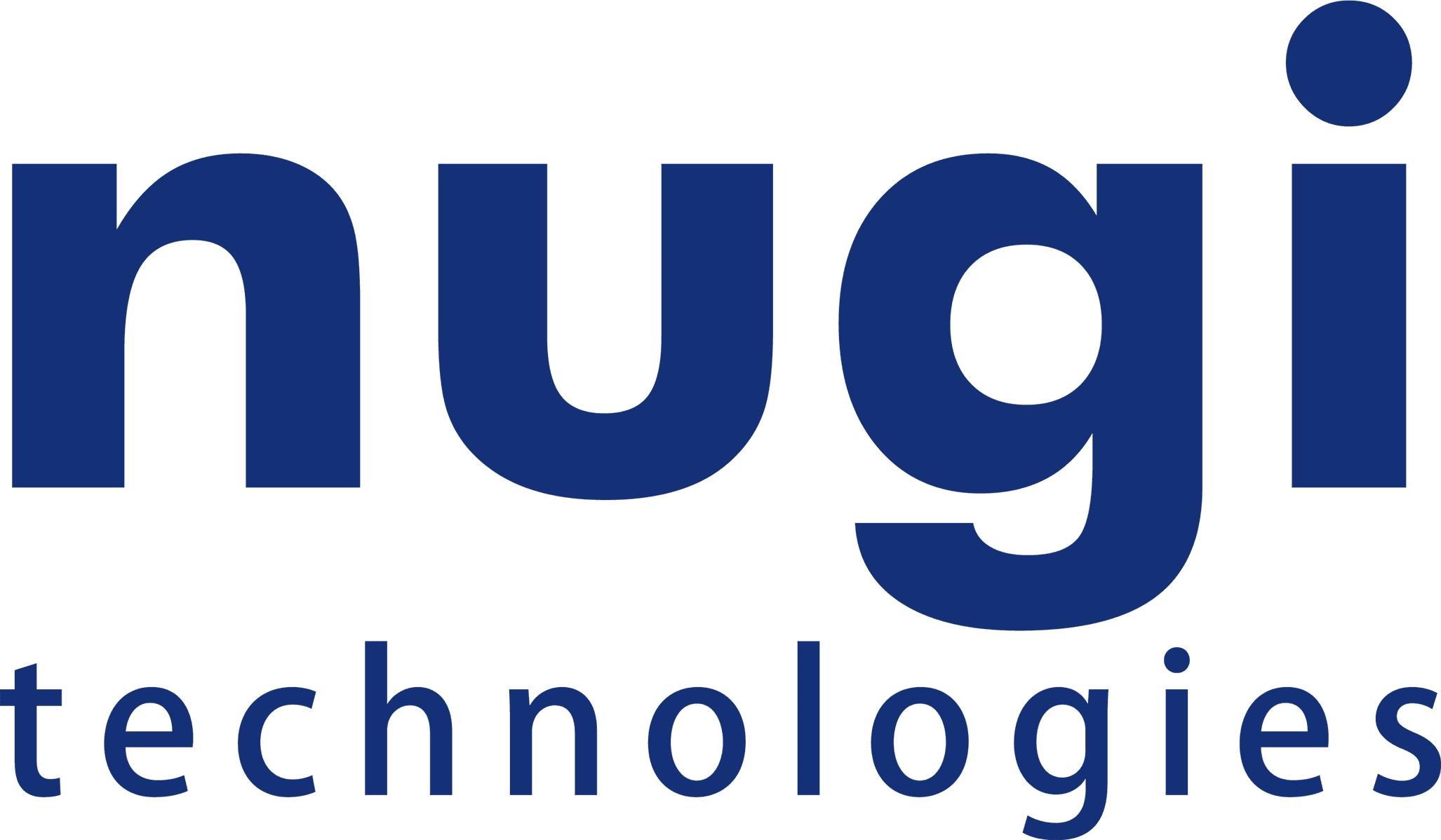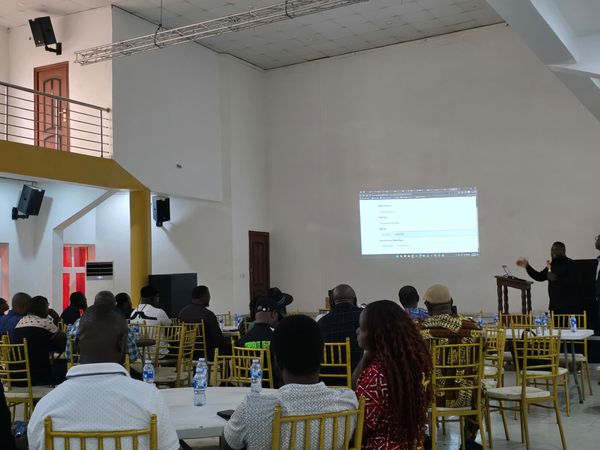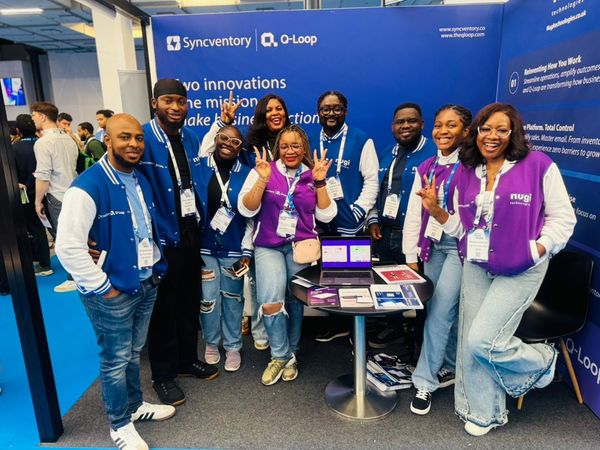Effective project management is pivotal for driving organizational success. Whether it’s launching a new product, implementing a new system, or driving a strategic initiative, mastering project management techniques and tools can significantly enhance productivity and ensure that projects are delivered on time, within budget, and to the desired quality standards. This comprehensive guide delves into the intricacies of project management, explores essential techniques, highlights useful tools, and examines emerging trends shaping the future of project management.
Understanding Project Management
What is Project Management?
Project management is the application of processes, methods, skills, knowledge, and experience to achieve specific project objectives according to the project acceptance criteria within agreed parameters. Project management has final deliverables that are constrained to a finite timescale and budget.
Key Components of Project Management
Scope: Defining what is included in the project and what is not. This ensures that all stakeholders have a clear understanding of the project's boundaries.
Time: Establishing a timeline for project completion, including all necessary milestones and deadlines.
Cost: Budgeting and managing project expenses to ensure the project is completed within financial constraints.
Quality: Ensuring that the project meets the required standards and specifications.
Stakeholders: Identifying and managing the expectations and needs of everyone involved in or affected by the project.
Communication: Facilitating effective communication among project team members and stakeholders to ensure everyone is informed and aligned.
Risk Management: Identifying, analyzing, and mitigating potential risks that could impact the project's success.
Essential Project Management Techniques
- Waterfall Methodology
The Waterfall methodology is a linear and sequential approach where each phase of the project must be completed before the next one begins. It is best suited for projects with well-defined requirements and where changes are minimal.
Phases of Waterfall
Requirement Analysis: Gather all the requirements for the project.
System Design: Create a design for the system to be built.
Implementation: Develop the system based on the design.
Integration and Testing: Integrate the system components and test for defects.
Deployment: Deploy the system for use.
Maintenance: Provide ongoing support and maintenance for the system.
2. Agile Methodology
Agile is an iterative and flexible approach that promotes collaboration, customer feedback, and small, rapid releases. It is ideal for projects with evolving requirements and emphasizes adaptability and continuous improvement.
Principles of Agile
Customer Collaboration: Engage with customers frequently to gather feedback.
Adaptive Planning: Plan in small increments to accommodate changes.
Iterative Development: Develop in small, manageable chunks and deliver features incrementally.
Continuous Improvement: Regularly review and improve processes and outcomes.
Cross-Functional Teams: Build teams with diverse skills to enhance collaboration and efficiency.
3. Lean Project Management
Lean focuses on maximizing value by minimizing waste and improving efficiency. It involves continuous analysis and improvement of processes to enhance productivity and quality.
Key Concepts of Lean
Value Stream Mapping: Identify all steps in the process and eliminate those that do not add value.
Continuous Flow: Ensure that work flows smoothly without interruptions.
Pull System: Produce work only in response to demand.
Continuous Improvement (Kaizen): Make small, incremental improvements regularly.
4. Six Sigma
Six Sigma reduces defects and improve quality by using data-driven techniques and statistical analysis. It involves defining, measuring, analyzing, improving, and controlling processes (DMAIC).
DMAIC Phases
Define: Identify the problem and project goals.
Measure: Collect data to understand the current process performance.
Analyze: Determine the root causes of defects or issues.
Improve: Implement solutions to address root causes.
Control: Monitor the process to ensure that improvements are sustained.
5. PRINCE2
PRINCE2 (Projects IN Controlled Environments) is a process-based approach that provides a structured framework for managing projects. It emphasizes dividing projects into manageable and controllable stages.
Principles of PRINCE2
Continued Business Justification: Ensure there is a valid reason for the project.
Learn from Experience: Use past experiences to improve future projects.
Defined Roles and Responsibilities: Clearly outline roles and responsibilities.
Manage by Stages: Break the project into stages for better control.
Manage by Exception: Establish tolerances for each project objective to minimize intervention.
Focus on Products: Define the project’s products and ensure quality.
Tailor to Suit the Project: Adapt the methodology to suit the project’s size, complexity, and environment.

Essential Project Management Tools
- Microsoft Project
A comprehensive project management tool that helps in planning, scheduling, and managing resources. It offers features like Gantt charts, timelines, and resource allocation, making it a powerful tool for complex projects. - Trello
A visual collaboration tool that uses boards, lists, and cards to organize tasks and projects. It is highly flexible and supports Agile methodologies, making it ideal for teams that value visual management and flexibility. - Asana
A project management and collaboration tool that helps teams organize, track, and manage work. It offers task assignments, timelines, and project tracking, providing a clear overview of project progress and responsibilities. - Jira
A tool designed for Agile project management. It supports Scrum and Kanban methodologies and helps in tracking issues, bugs, and project progress. Jira is widely used in software development but is also applicable to various other types of projects. - Smartsheet
A dynamic work and project management tool that combines spreadsheets, Gantt charts, and collaboration features to streamline project management. It is highly customizable and supports automation, making it suitable for diverse project needs.
Emerging Trends in Project Management
- Artificial Intelligence (AI) and Machine Learning
AI and machine learning are revolutionizing project management by providing predictive analytics, automating routine tasks, and offering insights for better decision-making. AI tools can forecast project outcomes, identify potential risks, and suggest optimal resource allocation.
2. Remote Project Management
The rise of remote work has led to an increased focus on tools and techniques for managing distributed teams effectively. Virtual collaboration tools and cloud-based project management software are becoming essential for ensuring team alignment and productivity across different locations.
3. Hybrid Project Management
Combining traditional and Agile methodologies to create a hybrid approach that leverages the strengths of both. This approach allows for greater flexibility and adaptability, enabling teams to tailor their project management practices to specific project requirements and organizational cultures.
4. Data-Driven Decision Making
Using data analytics to inform project decisions, track progress, and predict future outcomes. This approach enhances transparency, accountability, and the ability to make informed adjustments based on real-time data.
5. Sustainability and Green Project Management
Incorporating sustainability practices into project management to reduce environmental impact and promote social responsibility. This includes considering the environmental and social implications of project activities and integrating sustainable practices into project planning and execution.
Conclusion
Mastering project management is crucial for the success of any organization. By leveraging proven techniques, utilizing advanced tools, and staying abreast of emerging trends, businesses can enhance their project management capabilities and drive successful project outcomes. Whether you are managing a small team or overseeing a large-scale project, adopting these practices will help you deliver projects efficiently and effectively.
At Nugi Technologies, we specialize in providing tailored IT consulting and project management solutions designed to help your business thrive. Our team of experts is dedicated to delivering the best practices and tools to ensure your projects succeed. Contact us today to explore how we can support your project management needs and drive your business forward.
Ready to elevate your project management game? Let’s make it happen together!







